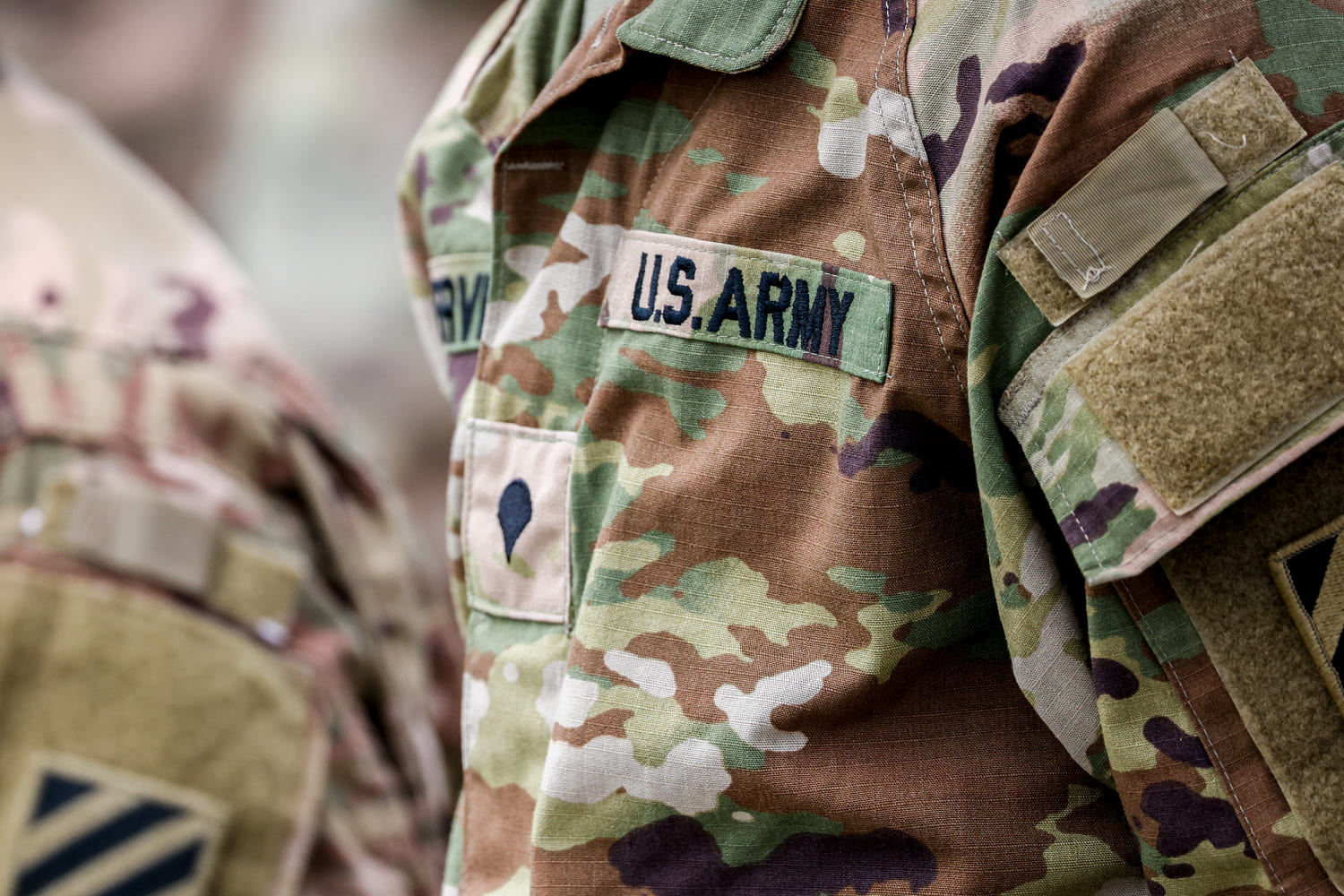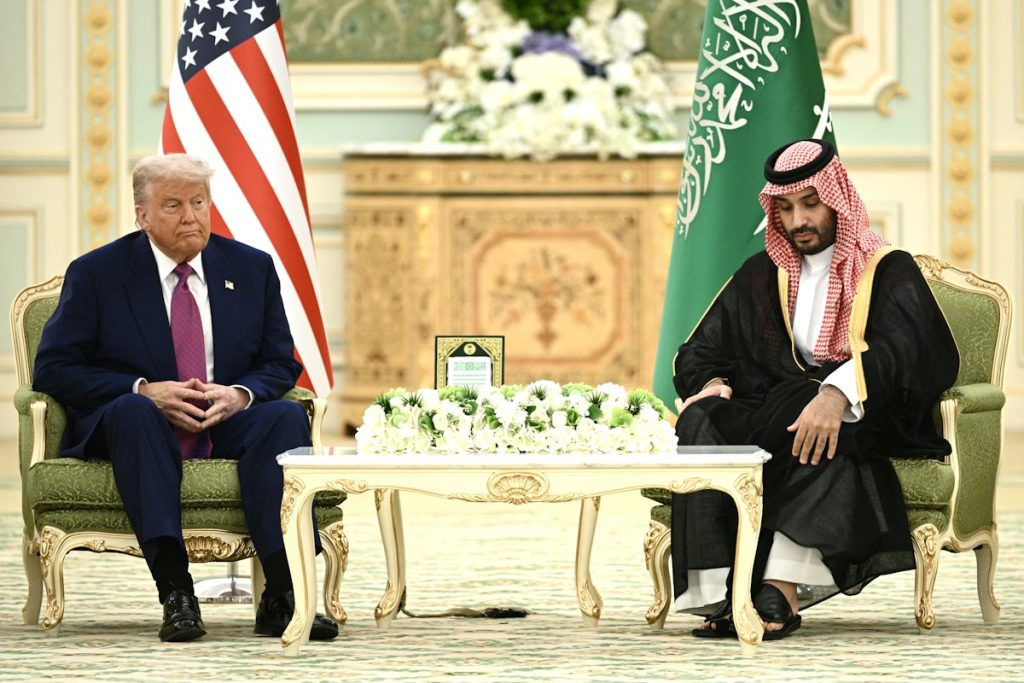Now Reading: The military understood a key truth about trans Americans. But not anymore.
-
01
The military understood a key truth about trans Americans. But not anymore.
The military understood a key truth about trans Americans. But not anymore.

After the U.S. Supreme Court approved the Trump administration’s move last week, President Donald Trump has now successfully implemented his ban on transgender individuals serving in the military. The Pentagon announced on Thursday that it would start the process of discharging more than 1,000 openly transgender troops after months of efforts to push through the initiative.
Apart from the military discharges, Trump has eliminated all references to transgender people from government materials and websites, reinterpreted Title IX to exclude transgender individuals from sex discrimination protections in education, prevented transgender individuals from changing the sex marker on their passports, and revoked markers for those who had previously changed their gender marker and applied for a renewal.
The military ban is particularly harsh as it targets individuals who volunteered to serve their country, many of whom have built careers in the armed forces. This policy has been met with criticism for its discriminatory language and approach towards transgender individuals.
The ban reveals the current state of legal rights for transgender individuals in the U.S. and highlights the ongoing challenges they face in society. The continuous cycle of anti-trans policies enforced by different administrations has left many in the transgender community vulnerable and uncertain about their future.
The struggle for equality and acceptance continues for transgender individuals, who face obstacles and discrimination in various aspects of their lives. The uncertainty and instability caused by changing governmental policies have a profound impact on the transgender community’s well-being and rights.






